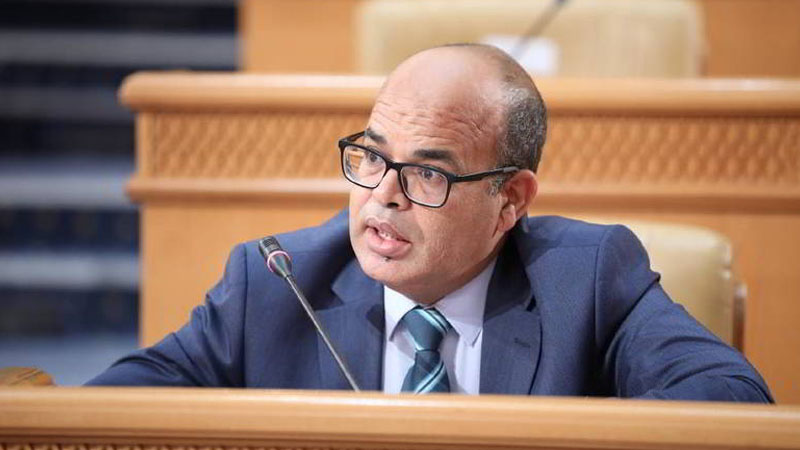The on-going attacks against the High Judicial Council and the judiciary are an affront to the separation of powers and the rule of law and must stop immediately, said the International Commission of Jurists (ICJ) today.
هذا البيان متوفر باللغة العربية أيضاً
Over the past month, the judiciary – including the High Judicial Council and its president – have been the target of a social media smear campaign echoing statements from President Kais Saied’s October 2021 call for the ‘purification’of the judiciary.
While the public prosecutor (le Parquet) has opened a judicial investigation into calls on social media to purify the judiciary and to attack courts, the President is yet to address these attacks, let alone condemn them.
Moreover, without any prior consultation with the High Judicial Council or judges’ professional associations or Parliament, the President has recently instructed the Ministry of Justice to prepare a draft decree “to reform” the High Judicial Council.
“The smear campaign on social media and President’s attacks against the judiciary go hand in hand,” said the ICJ’s Middle East and North Africa Director, Said Benarbia.
“The President must stop belittling and intimidating judges, and ensure that online abuse and harassment targeting judges and judicial institutions are adequately addressed.”
Attacks and intimidation attempts against the judiciary – currently the last remaining line of defence against the President’s power grab – come at a time when the concentration of powers in Saied’s hands has already profoundlyundermined its authority.
Under international human rights law and standards, Tunisia has a duty to respect and uphold the independence of the judiciary. When the security of judges is threatened, as is the case in Tunisia today, international standards require that the executive take steps to enable the judiciary to carry out its duties without harassment or intimidation.
The ICJ warns against any attempt to undermine the High Judicial Council’s hard-won autonomy and authority as the only safeguards of the judiciary’s independence.
While the judiciary is and should remain accountable, international human rights law and standards require that its accountability be ensured by an independent body, based on established standards of judicial conduct, in accordance with due process and the presumption of innocence, and in a way that preserves judicial independence.
“Rather than weakening the High Judicial Council through unconstitutional decrees, President Saied should reinstate the constitutional order and consolidate judicial independence,” added Benarbia.
Background
Tunisia’s democracy is in crisis. On 25 July 2021, invoking article 80 of the Constitution on exceptional measures, President Kais Saied dismissed the government, declared himself the head of the executive branch and the Public Prosecution Office, suspended the country’s legislature (the Assembly of the People’s Representatives, ARP), and stripped the ARP’s members of their parliamentary immunities. Furthermore, Presidential Decree No. 117 of 22 September 2021 suspended most of the Constitution and entrusted the President with full executive and legislative powers, including to rule by decree on the functioning of the judiciary; the military; the security forces; political parties; unions and associations, without any possibility of judicial and/or constitutional review.
The High Judicial Council is the body which is empowered in the 2014 Constitution to ensure the proper functioning of the judicial system and respect for its independence. It has been further regulated through Organic Law No. 2016-34and Organic Law No. 2017-19.
Contact
Said Benarbia, Director, ICJ Middle East and North Africa Programme, t: +41-22-979-3817; e: said.benarbia(a)icj.org
Asser Khattab, Research and Communications officer at the ICJ Middle East and North Africa Programme, e: asser.khattab(a)icj.org





